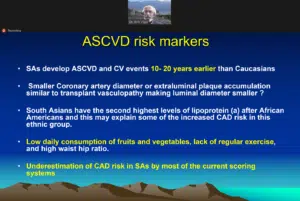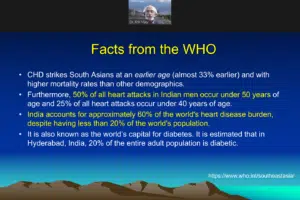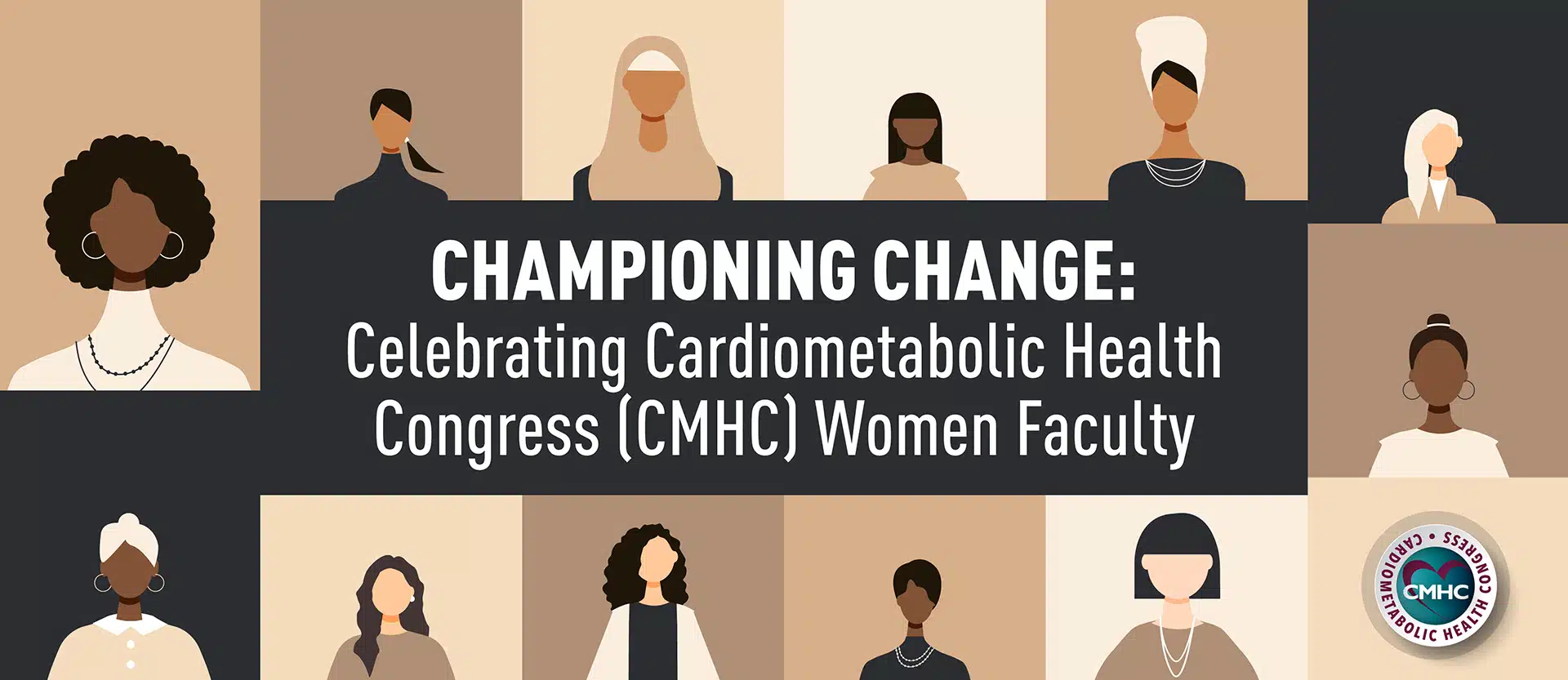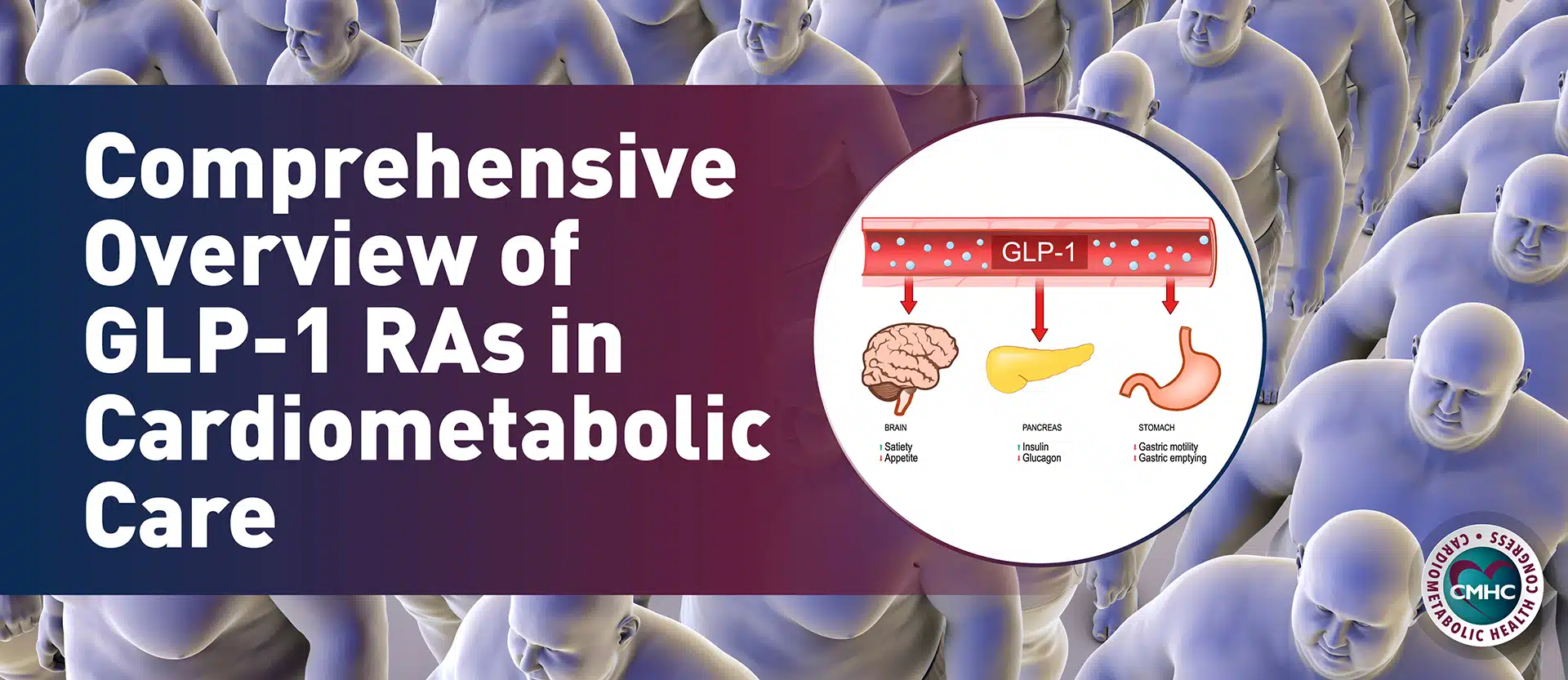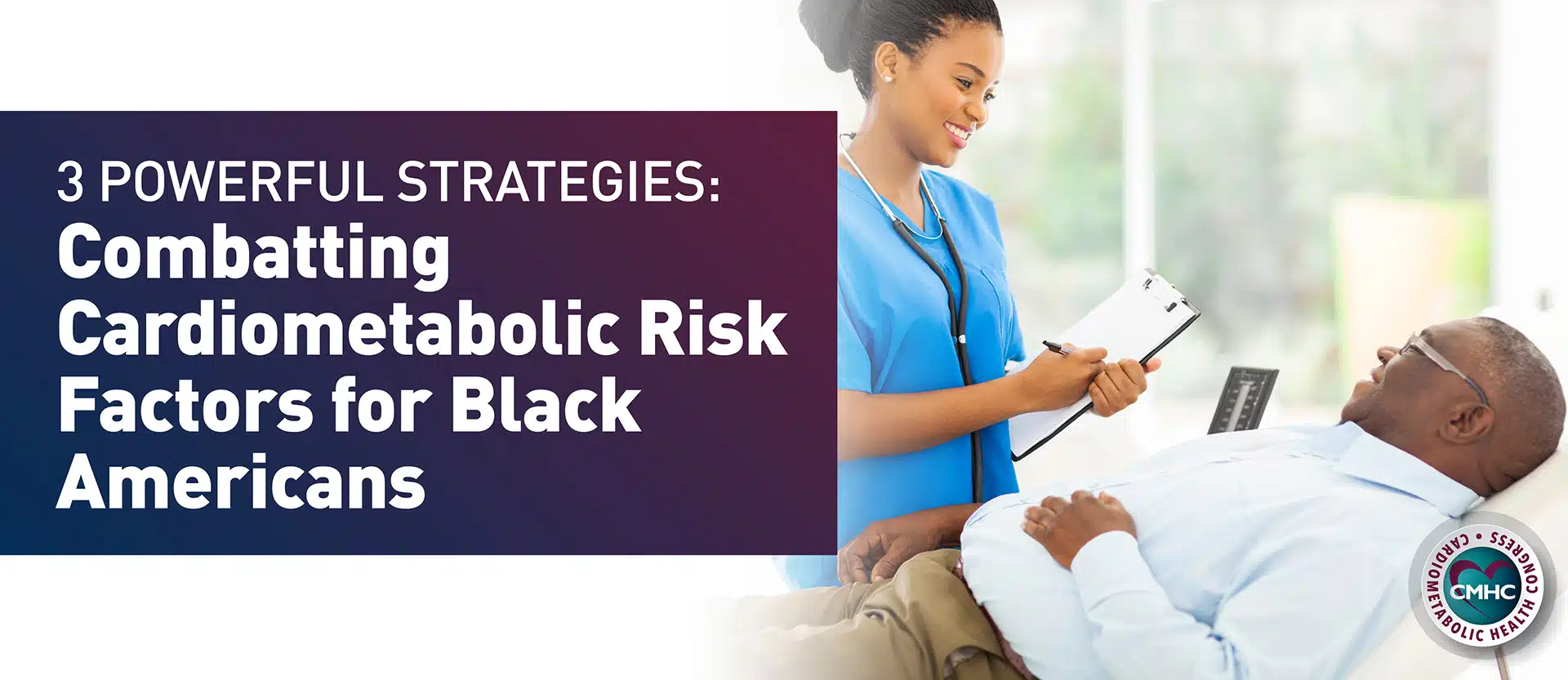On Thursday, May 25, 2023, Cardiometabolic Health Congress (CMHC) proudly welcomed Dr. Kris Vijay, president of the Innovative Cardiometabolic Center in Phoenix, to host a special webinar in honor of American Asian and Pacific Islander (AAPI) Heritage Month. Cardiovascular Disease in the South Asian/Asian American Population: A Looming Typhoon and a Call to Action, focused specifically on Dr. Vijay’s clinical expertise in treating South Asians living in the United States (SAUS).
“I named the webinar ‘The Looming Typhoon’ because indeed there is a typhoon that is growing. We could call it the tip of the iceberg that is going to rupture. We could call it a volcano which is lying dormant which could erupt any minute.” – Dr. Vijay
The incidence of cardiovascular disease in SAUS
Dr. Vijay began by addressing the diaspora of South Asians around the world and the prevalence of atherosclerotic cardiovascular disease (ASCVD) which presents almost 20 years earlier in South Asian communities around the world, much earlier than in other ethnicities. He presented specific ASCVD risk factors such as smaller coronary artery diameter, high levels of lipoprotein (a), lower consumption of fruits and vegetables, and others in SAUS.
“Every South Asian above the age of 30 should get their lipoprotein (a) tested.” – Dr. Vijay
Cultural discrimination, geographical constraints, lack of access to transportation, language barriers, and implicit gender bias that is very high in South Asian cultures were all pointed to by Dr. Vijay as issues to consider. Also, dietary and health care practices that cast doubt on the western philosophy of medicine may overpower evidence from a scientific standpoint. Clinical trials among South Asian people in the catalog of western evidence lack the support of families and communities. We also have to consider that the English language is a barrier for some patients who communicate best or only in their native language.
“As you know, the evolution of man has happened over millions of years, having come from Australopithecus to the Neanderthals to the Homoerectus. Now, we are the Homosapien and now we are slowly becoming the ‘Homo-Obesians.'” – Dr. Vijay
World Health Organization
The evidence from World Health Organization (WHO) shows that 50% of heart attacks in Indian men occur under 50 years of age. Indian patients account for about 60% of the world’s heart disease burden despite having less than 20% of the world’s population. In a city like Hyderabad, 1 in 5 people already have diabetes. An interesting study conducted by WHO in young children and high school children found that even at 13 to 16 years of age they have higher fasting plasma insulin and glucose levels. That higher incidence of impaired fasting glucose remained significant even after adjustment for central adiposity.
Quite a few genetic variants have been identified as potential targets: looking at the atherosclerotic TCF7L2 gene, a breakthrough clopidogrel may help with plaque buildup and occlusive coronary arteries may be targeted through cyp2c9 or cyp2c19 genotypes. Despite the genetic predisposition in SAUS, Dr. Vijay also addressed nine modifiable risk factors that are particularly significant in this population, which include smoking, diet, exercise, and reducing waist circumference.
“If you have a genetic predisposition then you try to control all of the environmental factors and you protect yourself from having an event. These patients can have a good life, have a good time, and feel healthy mentally, physically, and spiritually.” – Dr. Vijay
Audience Q&A
Q: What are various tests to confirm risk factors in this population?
Dr. Vijay: Number one: get your lipids tested. Number two: get your A1C tested. Know your blood sugar obviously, and then get a blood pressure machine. Everybody should have a blood pressure machine at home and should be checking it on a regular basis when you’re feeling not so good or when you’re feeling too hyped up or angry or upset. Get your cholesterol level checked every six months, or if you already have high cholesterol then every three months. Then check lipoprotein (a) and – if over the age of 30 – we are recommending checking the coronary artery calcium score.
Q: Is there a difference in risk factor burden and incidence of CVD in South Asians born in the U.S. versus individuals who are born and reside in South Asia?
Dr. Vijay: The answer to that is that we don’t know. We have a lot of studies suggesting the risk of diabetes, cardiovascular disease, and cardiovascular events are higher in both populations. Risk factors of SAUS is higher with high triglycerides, low HDL, etc. But the data between the two has been done only in one or two studies. In one study it looks as if SAUS may have a higher level of diabetic or prediabetic conditions. I believe strongly that South Asians around the world probably have similar risk. If you think about migration it happened in the 1970s and many were going from India to Singapore so we have some data from Singapore migratory Indians. Then it happened in South Africa and then it happened in Trinidad and Jamaica in the 1960s and 70s. Then in the 1970s and 80s that happened in England and in the U.S. So, the the amount of events happening in this circulation is slowly increasing but not large enough for us to track them and detect or prove a cause-and-effect relationship.
Thank you, Dr. Vijay for providing the evidence and insights to deliver appropriate screening and care to patients of Asian and South Asian descent!
“Dr. Vijay, excellent presentation!”– Shabnam Das Kar
“Thank you for the amazing presentation Dr. Vijay!” – Arjun Ganesh


